Caramelized onions are one of those ingredients you can add that immediately makes any dish feel a little fancier. They have that delicious savory-sweet combination, they're great in almost anything, and they're surprisingly easy to pull off at home. So why don't more people make them?
They take freakin' forever.
The depth of flavor in caramelized onions comes from cooking for a long time over low heat. It allows the sugars to release and caramelize slowly rather than burning. As they cook, the sugars break down into different compounds, which is why caramelized onions have such a complex flavor profile.
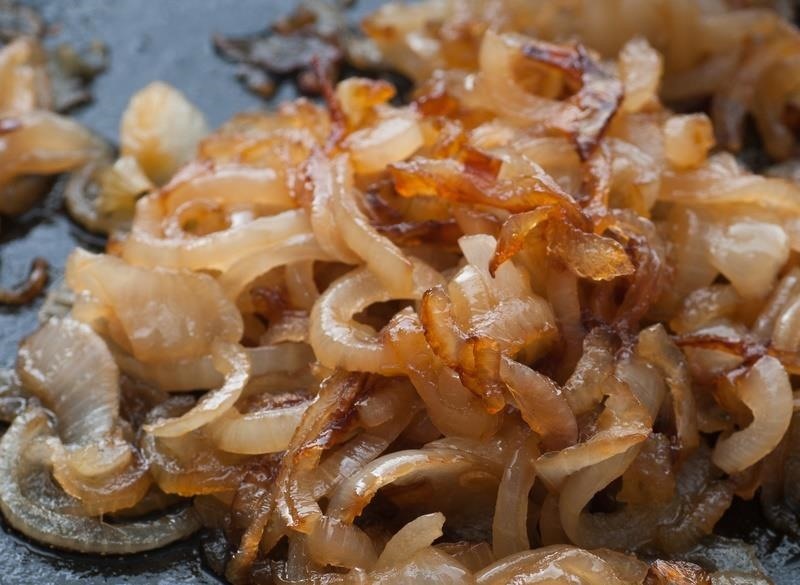
Most of the time, caramelizing onions properly takes around 45 minutes, sometimes even longer. What if I told you it was possible to cut that process down to as little as 15-20 minutes? You'd probably give it a try, right?
How to Caramelize Onions in Under 20 Minutes
J. Kenji López-Alt from Serious Eats found that adding a pinch of baking soda helps onions to caramelize much faster by raising their pH level. A higher pH level speeds up the Maillard reaction, which is responsible for the browning of the sugars in food. It can increase the browning rate by over 50%, and it doesn't take much—about 1/4 teaspoon of baking soda per pound of onions is all you need.

Others, however, recommend using only a pinch of baking soda and no more—blogger Brenda J. Wiley found that using just 1/8 teaspoon to caramelize three large onions altered the taste in an undesirable way.
Some people like to add a bit of sugar to the onions while they cook to increase caramelization and to counteract any potential bitter aftertaste from the baking soda, but plain sugar doesn't really speed up the process, it just makes them sweeter. Lopez-Alt caramelized his sugar before adding the onions and took another 5 minutes off the total process.

Check out his full guide over on the Food Lab for details on the best onions to use, how caramelization works, and more tips for making the process faster.
Just updated your iPhone? You'll find new emoji, enhanced security, podcast transcripts, Apple Cash virtual numbers, and other useful features. There are even new additions hidden within Safari. Find out what's new and changed on your iPhone with the iOS 17.4 update.
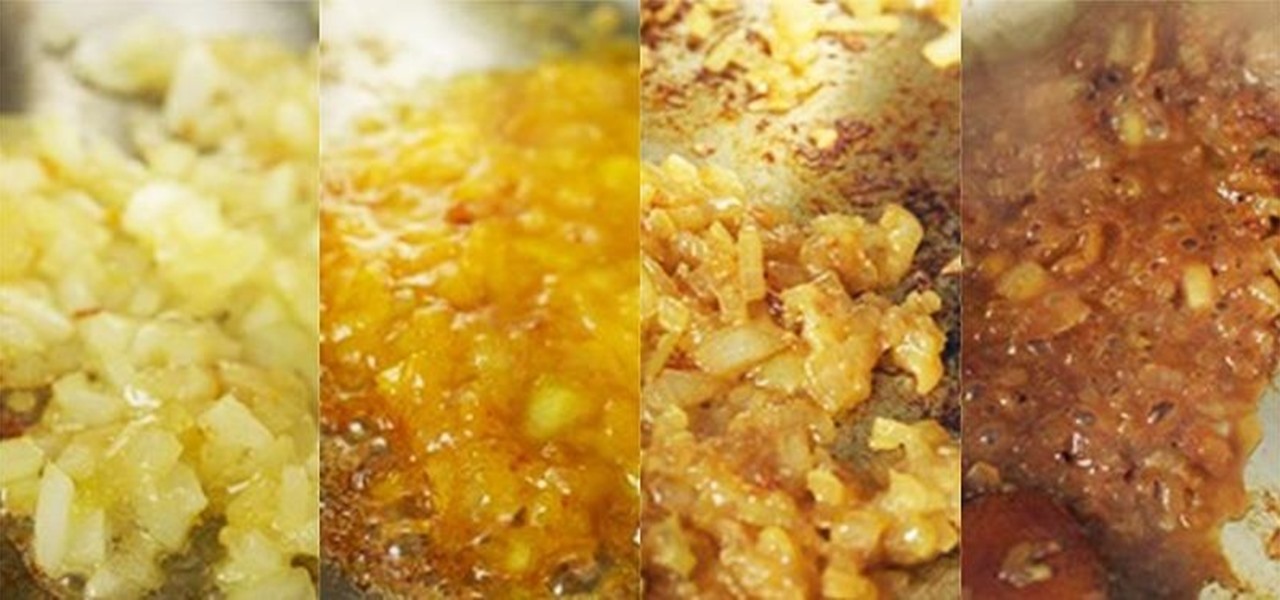


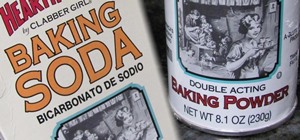
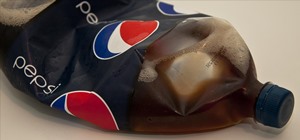

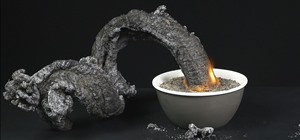
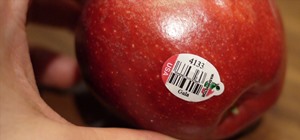

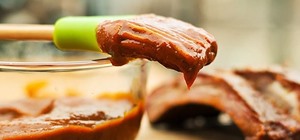
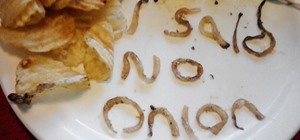
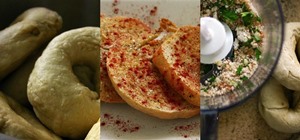



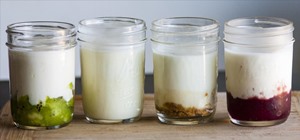
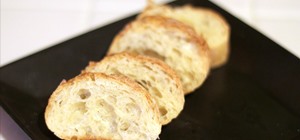
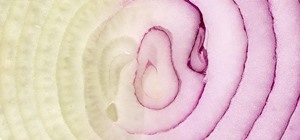
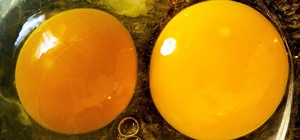
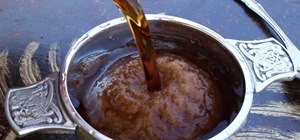


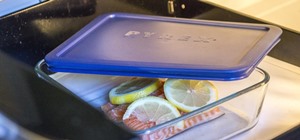
2 Comments
To clarify your article: maillard is not the browning of sugars, it's the browning of proteins. It is the reaction that takes place between reducing sugars and amino acids. Carmilization is the browning of sugars and is a pyrolysis reaction, not a reaction with amino acids. It typically requires higher temperatures.
What this means is your initial browning (the part that is aided by the baking soda) is a Maillard reaction as you brown the small amount of proteins in the onions. Then as you cook the onions longer the temprature rises and you begin to carmelized the sugars, this later part of the process can't be sped up because it is temprature dependent, rather than dependent on a reaction between those reducing sugars and denaturing proteins (which can be affected by a change in PH).
In our kitchen we need to caramelize 100kg of onions once a week. What kind of equipment do you recommend us to use? We will be using this equipment to cook other vegetables too. Any guidance will be much appreciate. Thanks!
Share Your Thoughts